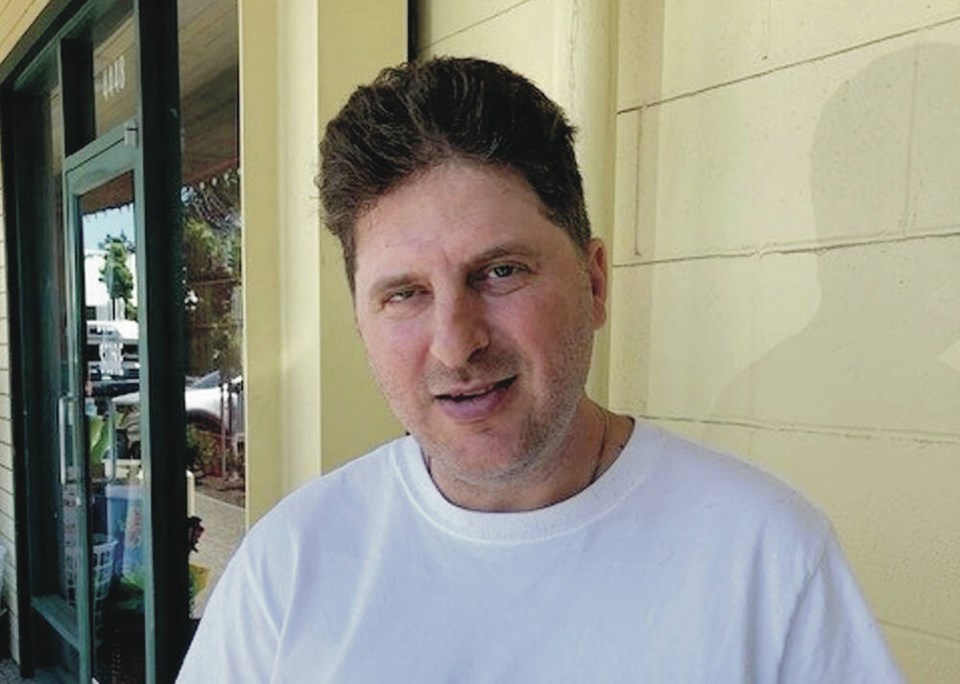An inquest jury is recommending closer monitoring of hospital patients who have been physically restrained — including use of closed-circuit video and audio when they are left alone — in the wake of the death of a psychiatric patient at Royal Jubilee Hospital.
Paul Spencer died on Sept. 27, 2019 after he got into an altercation with hospital security guards when he tried to leave, then was left alone in a secure room, where he suffered cardiac arrest.
The jury ruled the death was accidental and made nine recommendations, including close and constant monitoring of patients for 30 minutes after a physical altercation or physical restraint.
“The people did not know how to conduct themselves to help my son,” Spencer’s mother, Angela Spencer, said outside the Victoria courthouse on Friday. “It’s sad. I’m sure they didn’t want my son to die.”
The jury’s other recommendations include increasing the number of mental-health workers in the Psychiatric Emergency Services unit, and holding an independent inquiry, led by a party separate from a health authority, when an unexpected death occurs.
Paul Spencer, who had been diagnosed with a psychotic disorder, was 43 when he was brought to the hospital’s Psychiatric Emergency Services on Sept. 27, after suffering delusions.
Following a struggle with security when he tried to leave the hospital, he was placed prone on a mattress in a seclusion room while wrapped in a towel from the shoulders down. He was alone for several minutes before staff arrived to give him sedating medication.
Staff then realized he had turned blue, but could not be saved despite immediate CPR and medical attention.
Spencer’s death was found to be the result of the combined effects of physical restraint, hypertensive cardiovascular disease, psychosis and the long-time use of Risperidone for its treatment.
“They left him alone in a seclusion room, all on his own,” said Angela Spencer, who called for more staff training, saying there should have been more awareness of the dangers of leaving someone in a prone position.
Richard Neary, her lawyer, noted that Paul Spencer had never been involved in any sort of violence before the day he died.
“Paul died a vulnerable person in hospital,” Neary said. “And after Paul died, the true facts around his death remained completely hidden for almost five years until this inquest, and that should be of grave concern to the public.”
He said members of the jury deserve credit “for their careful consideration of the evidence, and their verdict and recommendations.”
“Now we hope and pray that there is actually some action in response to those recommendations,” Neary said. “It would be a travesty for our community and an insult to Paul’s memory and the work done by the jury if there were not.”
Island Health released a statement Friday extending “deepest condolences” to Angela Spencer, her family and her friends.
“As care providers, it is our obligation to learn from cases like this and take accountability to enhance the care experience of our patients, clients, residents and their loved ones,” the health authority said.
There will be a thorough review of the jury’s recommendations, followed by “a formal and public response” to each one with appropriate action being taken, the statement said.
“This work will build upon work undertaken in recent years to improve training for protection-services officers, expand and improve patient-safety investigation processes and enhance the quality of Psychiatric Emergency Services at Island Health.”
>>> To comment on this article, write a letter to the editor: [email protected]



